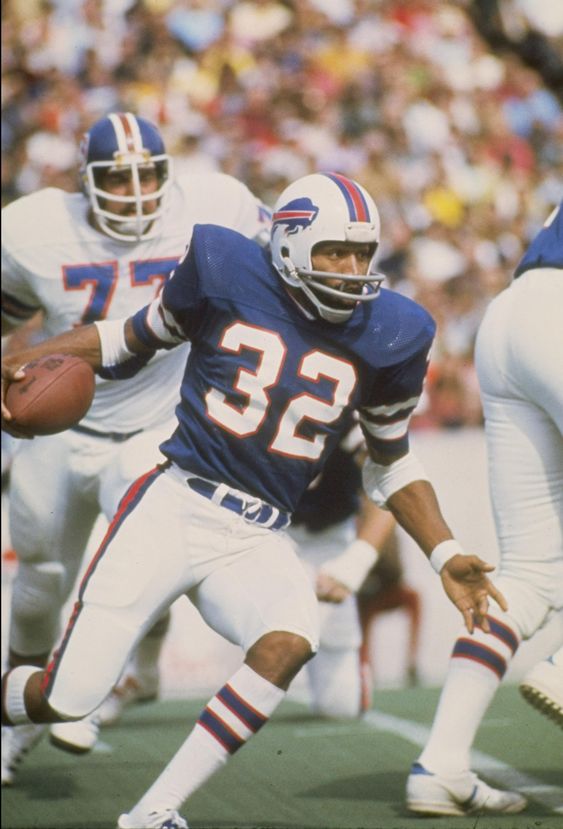In the realm of American crime and celebrity, few names evoke as much fascination, controversy, and speculation as O.J. Simpson. His story transcends mere notoriety; it’s a narrative woven with threads of triumph, tragedy, and enduring debate. From his celebrated athletic career to his sensationalized trial for double murder, O.J. Simpson’s life has left an indelible mark on the cultural landscape of the United States.

The Rise of “The Juice”
Orenthal James Simpson, better known as O.J., burst onto the national stage as a football prodigy. Born on July 9, 1947, in San Francisco, California, Simpson rose from humble beginnings to become one of the most electrifying running backs in the history of American football. His record-breaking achievements at the collegiate level with the USC Trojans foreshadowed a legendary professional career.
Simpson’s tenure in the NFL, primarily with the Buffalo Bills, solidified his status as a sports icon. His fluid running style and unmatched athleticism earned him the nickname “The Juice” and made him a household name. In 1973, he became the first NFL player to rush for over 2,000 yards in a single season, a feat that cemented his place in football history.
Beyond the Gridiron
While Simpson’s prowess on the football field brought him widespread acclaim, his foray into acting and broadcasting endeared him to audiences beyond the realm of sports. He appeared in films like “The Naked Gun” series, showcasing a charismatic presence that transcended his athletic achievements. Simpson’s affable persona made him a beloved figure in popular culture, further elevating his status as a public figure.
The Trial of the Century
However, O.J. Simpson’s life took a dramatic turn on June 12, 1994, when his ex-wife, Nicole Brown Simpson, and her friend, Ronald Goldman, were found brutally murdered outside her home in Los Angeles. What followed was a legal saga that would captivate the nation and divide public opinion like few cases before or since.
Simpson’s subsequent arrest and trial for the murders of Nicole Brown Simpson and Ronald Goldman became a media spectacle, dubbed “The Trial of the Century.” The proceedings, marked by high-profile attorneys, sensationalized testimony, and a racially charged backdrop, gripped viewers and dominated headlines for months.
The acquittal
In October 1995, after a lengthy and highly publicized trial, O.J. Simpson was acquitted of all criminal charges related to the murders. The verdict sparked intense debate and exposed deep-seated divisions along racial and socioeconomic lines. While some hailed the decision as a triumph of the justice system, others saw it as a miscarriage of justice.
Life After Acquittal
Following his acquittal, O.J. Simpson’s life remained under intense scrutiny. Despite being found liable for the deaths of Nicole Brown Simpson and Ronald Goldman in a subsequent civil trial, he largely retreated from the public eye. However, his legal troubles continued, culminating in a 2007 arrest and conviction for armed robbery and kidnapping in Las Vegas.
Legacy and Controversy
Today, O.J. Simpson’s legacy is as complex as the man himself. While he remains a polarizing figure, his story serves as a cautionary tale about the intersection of fame, privilege, and the pursuit of justice. The O.J. Simpson saga endures as a reminder of the power of celebrity, the fallibility of the legal system, and the enduring quest for truth and closure in the face of tragedy.
The saga of O.J. Simpson transcends the boundaries of sport, entertainment, and jurisprudence, leaving an indelible imprint on the American psyche. From his meteoric rise to athletic superstardom to his tumultuous descent into infamy, Simpson’s life is a testament to the complexities of fame, fortune, and the pursuit of redemption. Whether viewed as a hero, a villain, or something in between, the name O.J. Simpson will forever evoke a myriad of emotions and provoke endless debate.

